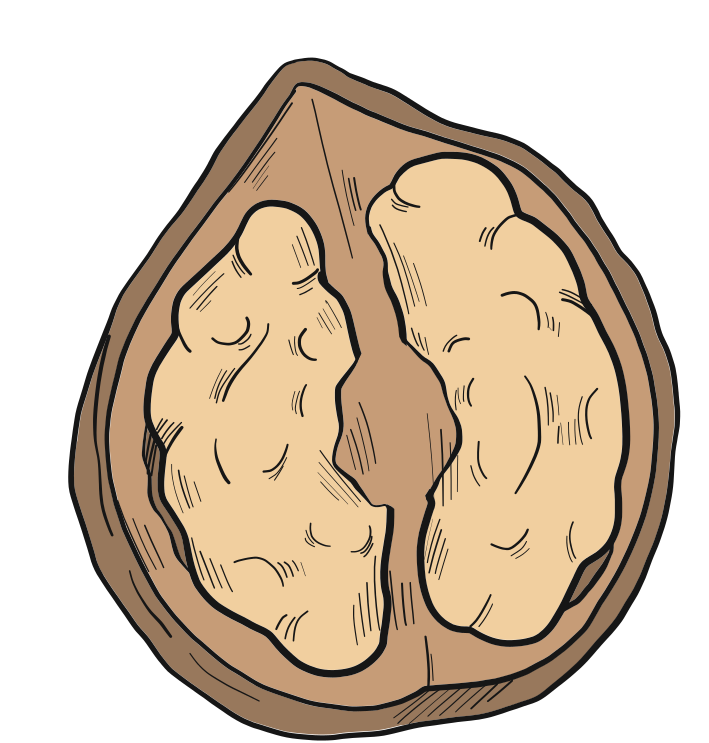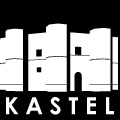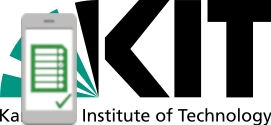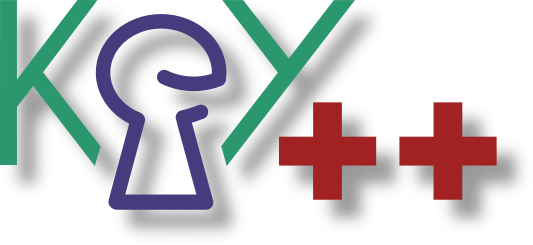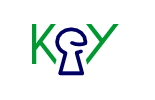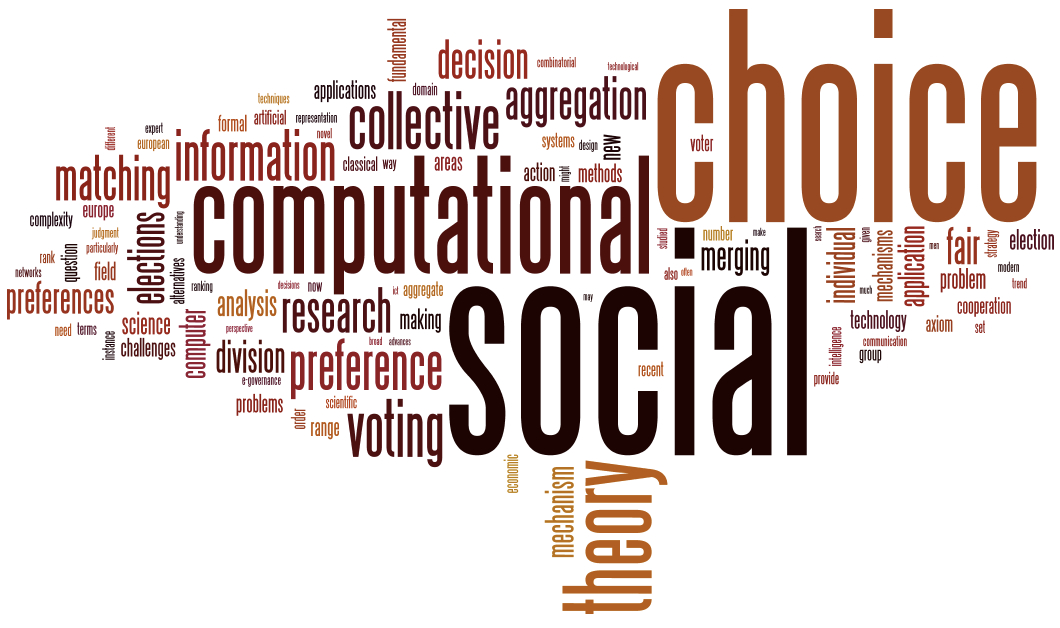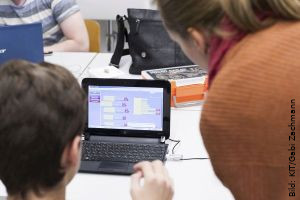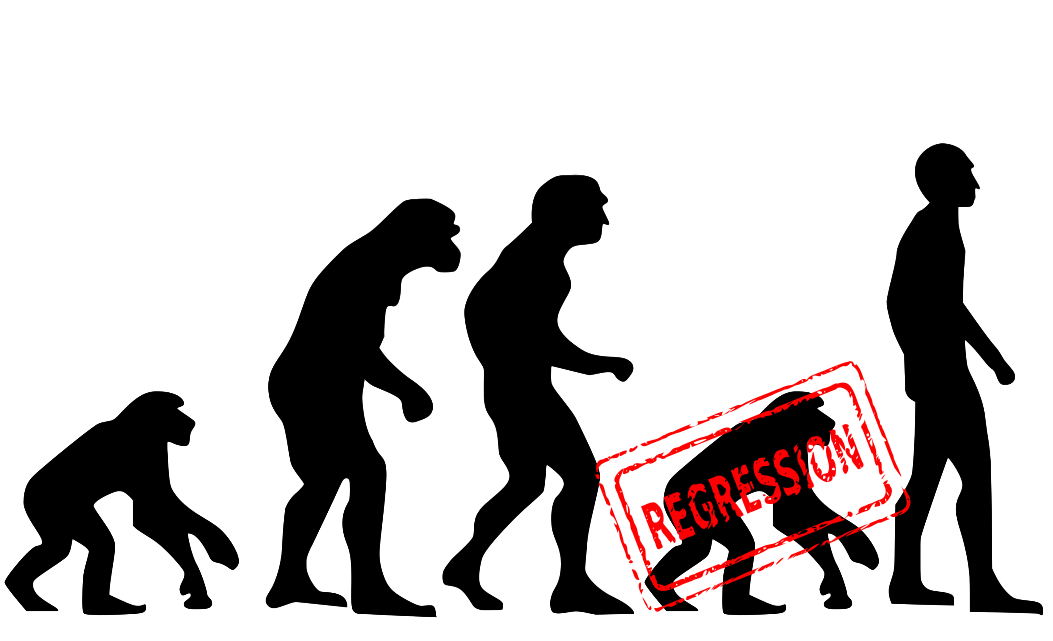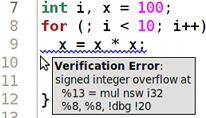Cyber-Physical Systems (CPS) integrate computational processes with physical processes. Different systems are summarised in this term, from cars, trains, and aircrafts to modern smart home systems. These systems must meet requirements of openness, connectivity, increased software-implemented functionality, flexible configurability, dependability, and resilience, all in a cost-effective way, and during all phases of their life-time. The limitations of current CPS design approaches become obvious when trying to fulfil these requirements simultaneously. The central concept to cope with the ever-increasing complexity of CPS, alongside functional decomposition, is the definition of views which enable the specialisation of developer roles. While dealing with component dependencies is well researched, the unsolved scientific challenge of view consistency is the central reason for the above-mentioned trade-offs between configurability, functionality, dependability, and cost-effectiveness.
The aim of this CRC is to develop a general, comprehensive understanding of view consistency and mechanisms to detect and, when possible, automatically or interactively resolve consistency violations between views in CPS design. Therefore, we will investigate how to extend, generalise and transfer work in the area of view consistency in software engineering to systems engineering. The CRC will be formed around the methodological core of a so-called virtual single underlying meta-model that has been investigated by the applicants. We see a window of opportunity as elaborated meta-models of non-software domains are now being standardised. This gives us the chance to research the extension of our software engineering approach to non-software views of CPS.
SFB 1608: CONVIDE – Consistency in the View-Based Development of Cyber-Physical Systems


